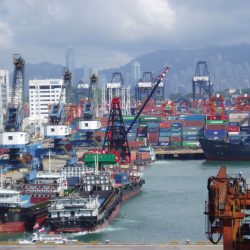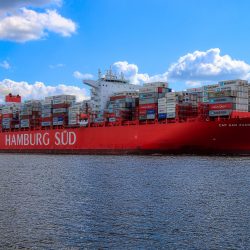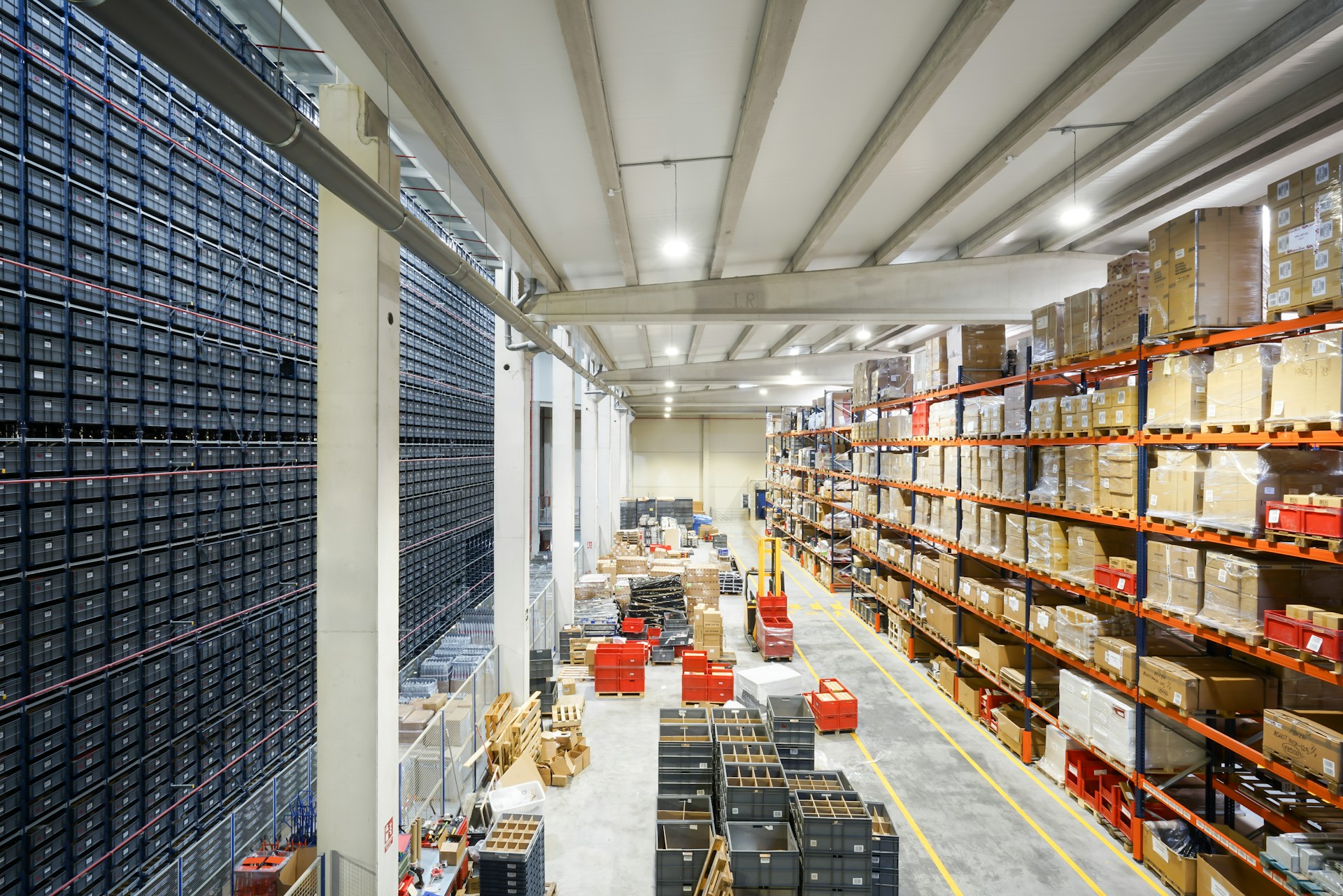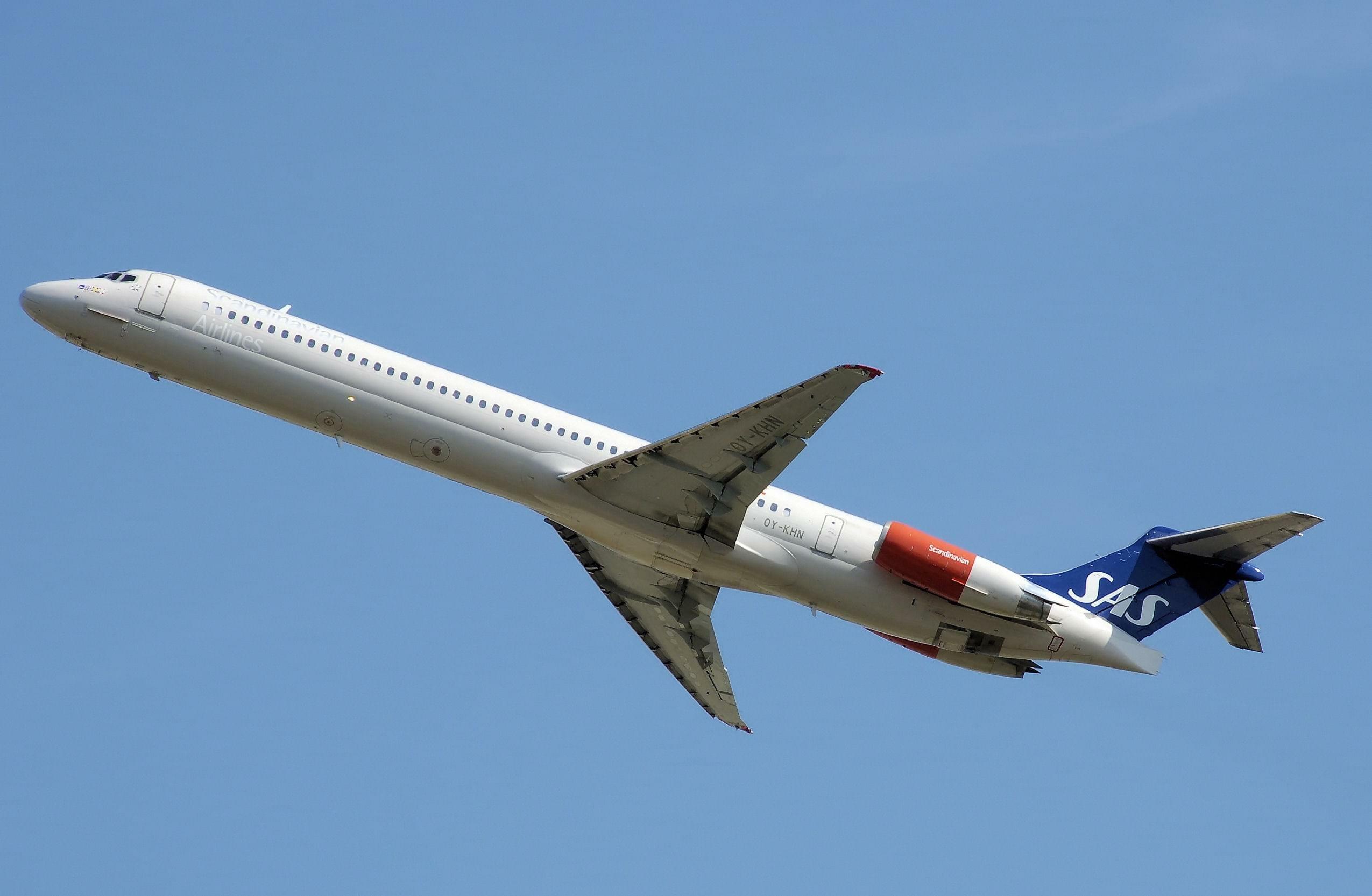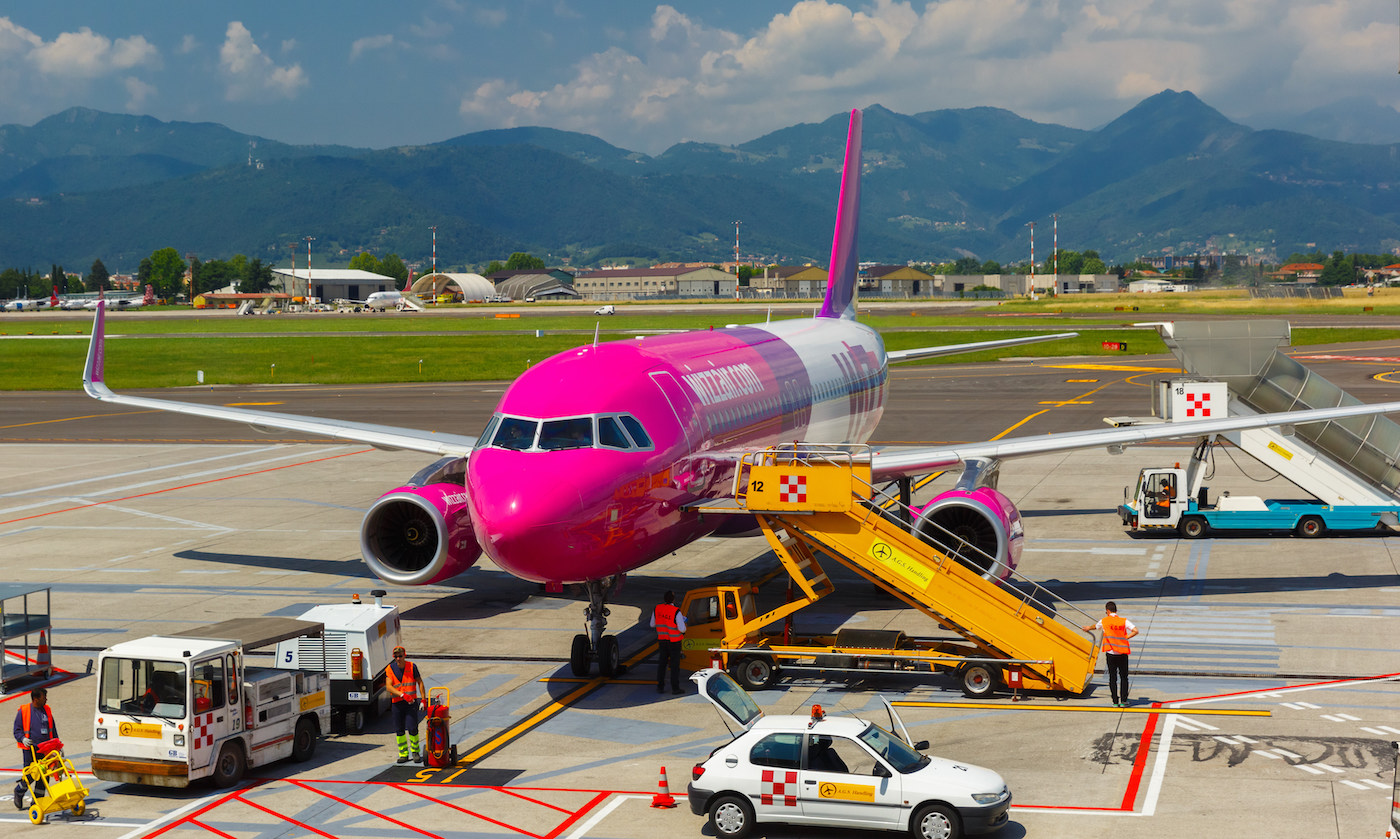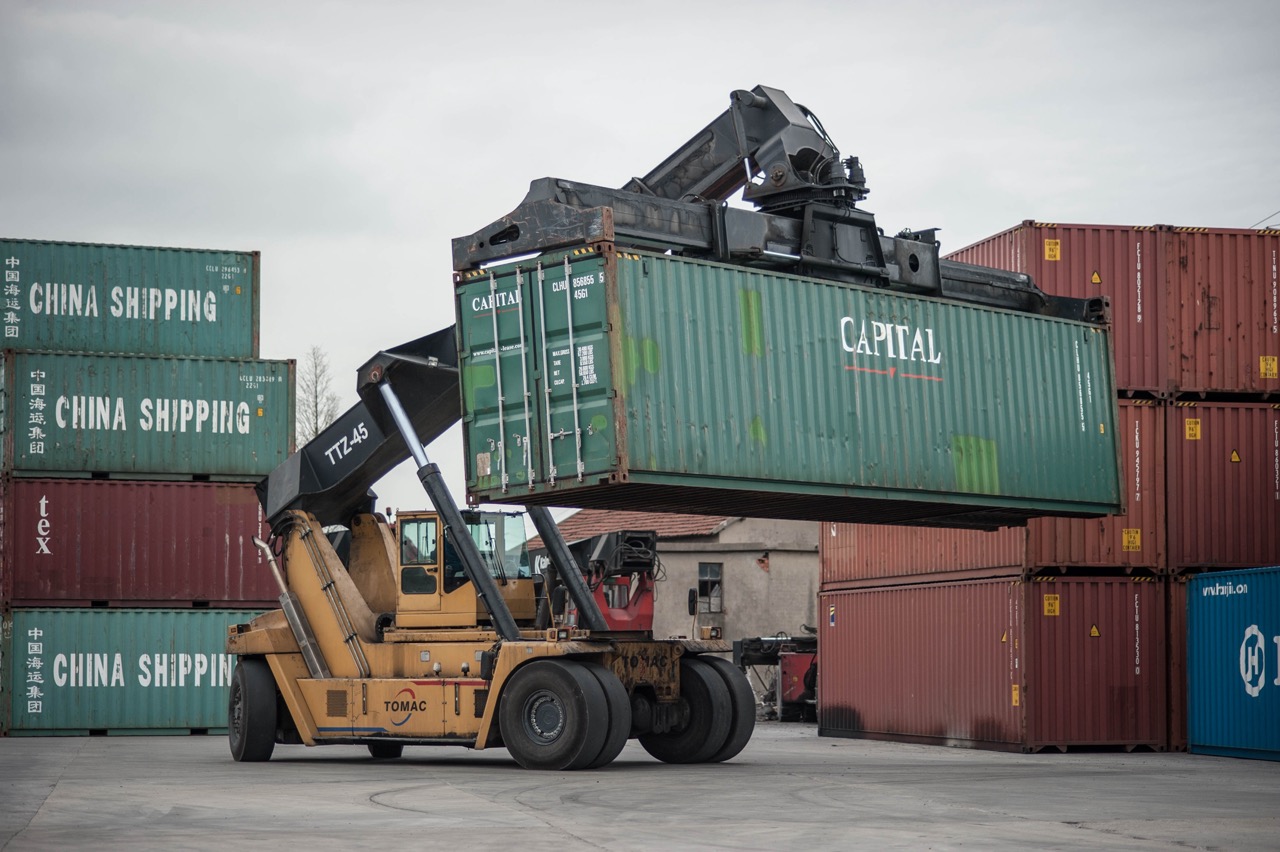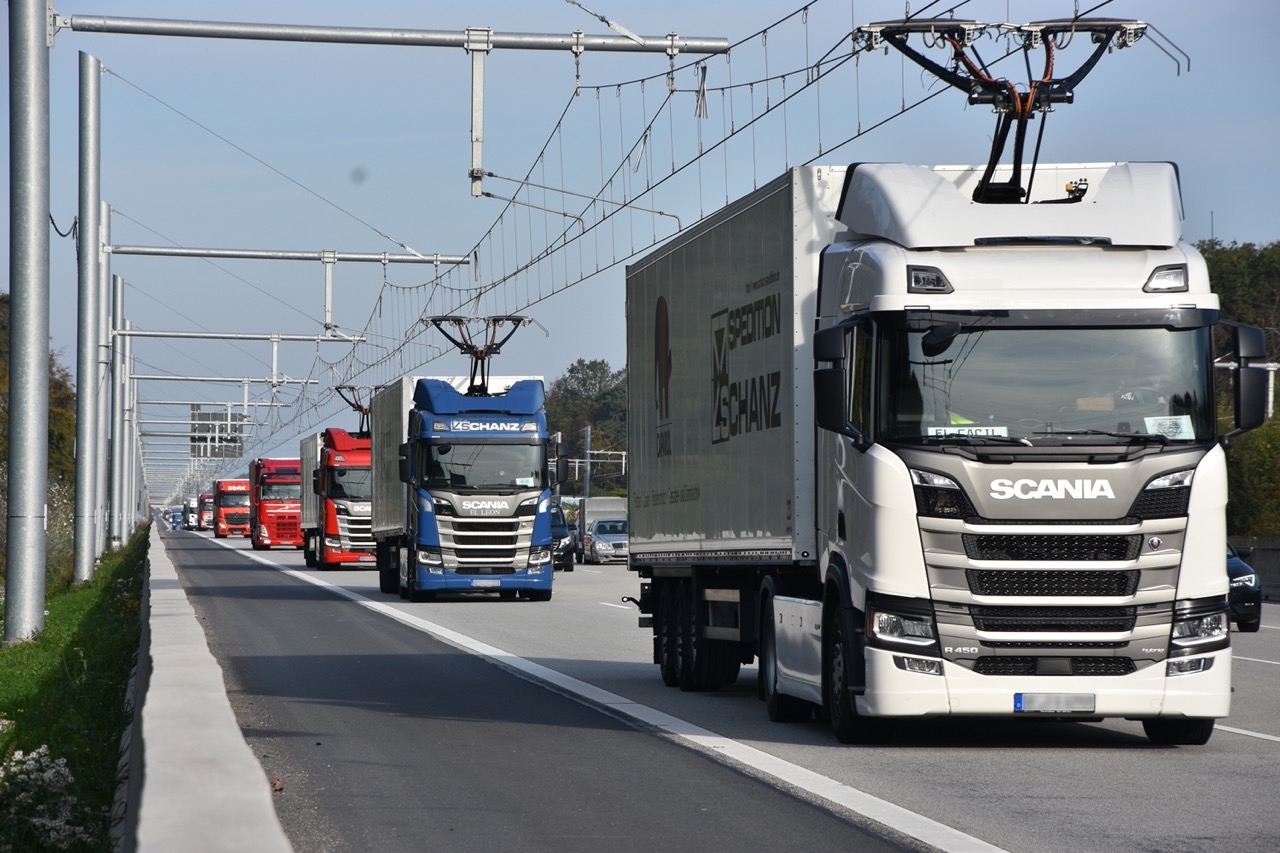Germany’s transportation industry faces the threat of mass bankruptcies
Germany’s transportation industry is going through difficult times. As a result of a sharp increase in fuel prices, many local logistics companies are at their financial limits. Experts warn of a high risk of bankruptcy in the industry. The insolvency of transport companies will affect the economy and the supply of the population.
Due to contracts, a number of transporters kept the old price tags for diesel fuel. However, there are nuances. According to the association BGL, which deals with road transport, fixing the cost will be valid only after a few months. It remains unclear how businesses can stay afloat and minimize the damage from high fuel costs.
According to the official statistics, there are almost 47 thousand trucking companies in Germany, a total fleet of 400 thousand heavy-duty trucks. The association consists of 7 thousand carriers, on average there are 20 vehicles per each.
Previously fuel expenses for long-distance haulage accounted for about 25% of the total company expenses. Now the share has grown considerably, which worries the business. Therefore, representatives of businesses are looking for ways out of this situation. The management of the association suggests that the government reduce the tax on petroleum products, so the price of diesel fuel for the industry can be reduced.
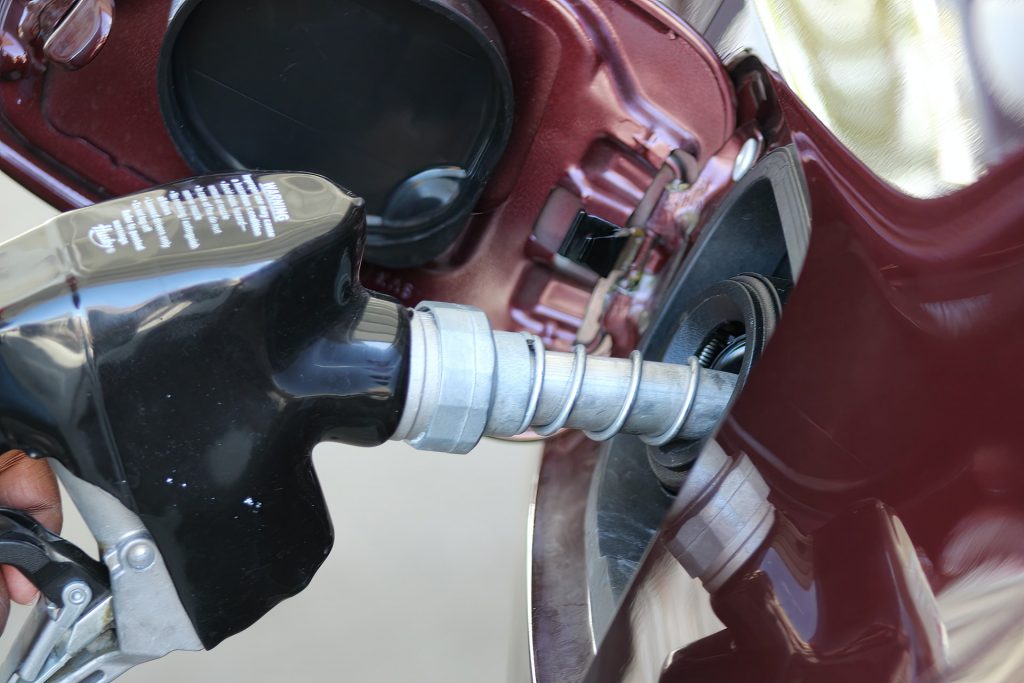
The national company Deutsche Lufthansa is seriously considering an increase in the cost of tickets, this is due to rising oil prices and the rise in tariffs for security checks at airports. However, so far experts can not say unequivocally whether such a decision will be effective. The fact is that airlines have not yet recovered from the pandemic, the number of passengers who travel on business matters is still minimal. Some carriers intend to increase the number of flights to a tourist destination on the Mediterranean coast. This will increase competition in the market.
In order to reduce risks from price changes, Lufthansa actively concludes forward deals. Moreover, the company also hedges its kerosene requirements coverage at the level of 63% of its total utilization. During the pandemic, carriers had to reduce the futures, as they were ineffective at a time of low demand for kerosene. Lufthansa representatives reported that last year only 25% of its fuel needs were insured.
In addition to the transport sector, the high cost of oil affects the processes in the construction industry, primarily the producers of asphalt. According to official data, about 30% of oil supplies for the production of bitumen were in Russia. So far it is quite difficult to find a replacement for this raw material, given that the local refineries are actively working for foreign markets. This situation caused an increase in the cost of bitumen, and the dynamics of growth has been observed since last fall.





